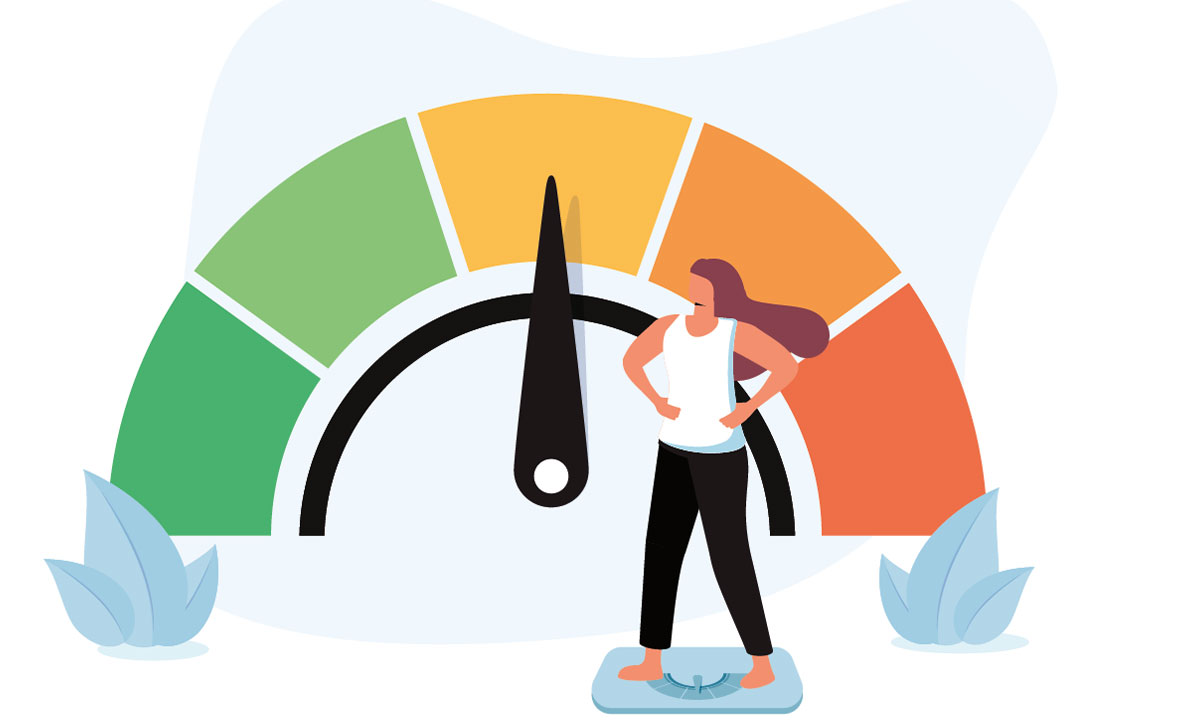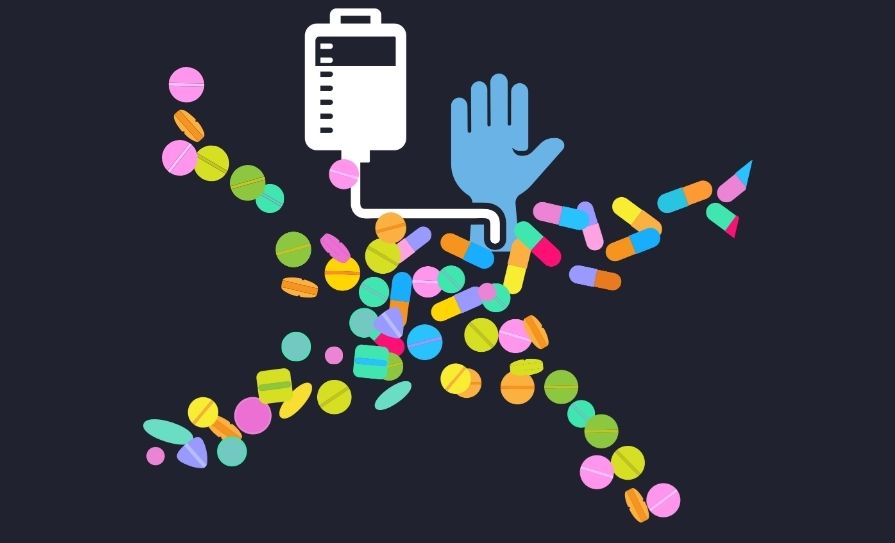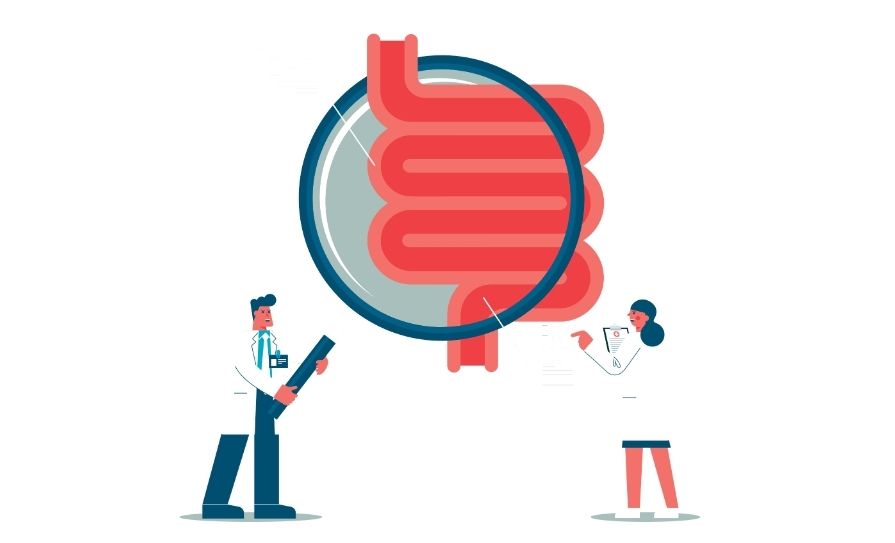Obesity stigma within healthcare settings needs to be addressed and this can begin at the training stage for healthcare professionals, say advocates. Niamh Quinlan reports
Obesity stigma is the “negative related attitudes, beliefs, assumptions and judgements in society that are held about people living in large bodies”, according to researcher with the RCSI obesity research and care group, Ms Niamh Arthurs (BSc, MSc).
This stigma or bias can be expressed implicitly, explicitly or is internalised. It affects everyone, according to Ms Arthur, including those working in healthcare, and patients. “In the general population, about 44 per cent have internalised obesity bias,” Ms Arthurs said, referencing a study published in Obesity, the official journal of the Obesity Society in the US.
“Those with obesity were even more likely to have internalised weight bias.” Ms Arthurs was speaking in advance of World Obesity Day (WOD), which took place on 4 March. In Ireland, 60 per cent of the adult population live with overweight and obesity, as well as one-in five primary-school-aged children.
ATTITUDES AND BEHAVIOURS
According to the Rudd Centre for Food Policy and Health at the University of Connecticut, up to 70 per cent of adults with obesity report experiencing stigmatisation in the healthcare setting. “It’s really important for health professionals to be aware of their own attitudes and behaviours towards people with obesity,” she also said. “We [healthcare professionals] don’t study for x-number of years to do harm.
One of the first things you learn in medical school or on healthcare professional courses is ‘do no harm’. But it’s that awareness that’s not there, that they don’t SHAME IN THE GAME even realise that they’re doing harm.” Research from 2015, published in Obesity Reviews, found healthcare professionals (HCPs) “may allocate time differently, spending less time educating patients with obesity about their health”.
The research also found HCPs “may over-attribute symptoms and problems to obesity, and fail to refer the patient for diagnostic testing or to consider treatment options beyond advising the patient to lose weight”. HCPs also may not engage in patient-centred communication with patients living with obesity, due to the belief these patients are “lazy, undisciplined and weak-willed” and therefore will not adhere to treatment.
A study published in Nature in 2020 stated “[weight] stigma can mislead clinical decisions, and public health messages, and could promote unproductive allocation of limited research resources”. It can also lead to HCPs offering different recommendations and providing different healthcare experiences for those living with obesity, when compared to those who don’t have the condition.
“When obesity happens, the longer it goes on without treatment and without receiving proper and adequate care and treatment, the greater the risk of complications developing,” said Ms Arthur. “So then you’re getting more complications that need to be treated and therefore that’s more cost and more pressure and demand on the health service, and that person with obesity and their quality of life.” A November 2021 study published in PLOS One, the Public Library of Science journal, titled ‘A qualitative exploration of obesity bias and stigma in Irish healthcare: The patients’ voice’, showed upon facing stigma or bias in primary and secondary care appointments, patients would miss or cancel subsequent appointments, which “on occasion” also resulted in “exacerbation of minor ailments to more serious medical issues”.
After experiencing stigma “more often than not, [patients] resorted to unhealthy behaviours, such as binge eating and increased sedentary time”. Assistant Professor at the School of Public Health, Physiotherapy and Sports Science in University College Dublin, Dr Gráínne O’Donoghue, was the lead on this study. “We need to move away from solely focusing on diet and [physical activity] levels,” Dr O’Donoghue commented.
“While an individual’s choices about exercise or food are important, weight has more to do with genetics, what we are exposed to in the womb and environmental factors, than what we eat and how much we move.” The study also found patients had a positive experience when engaging with specialty services for weight management in tertiary care, compared to primary and secondary care. “And that again, I suppose, highlights the importance of education across all healthcare professions in this area,” said Dr O’Donoghue.
TRAINING
“The inclusion of obesity education needs to happen within the curricula of […] healthcare professional courses and in medical school,” said Ms Arthurs. “We know from the research it’s not being covered, it’s not in the curricula of students.” A 2014 study published in the journal Academic Medicine, surveying medicine students in the US, found nearly two-thirds of students were unaware of their obesity bias. “We know that for the most part, stigma is not intended,” Ms Susie Birney, an advocate with the Irish Coalition for People living with Obesity (ICPO), said. “But the problem is that it still causes harm.” “It probably brings back to us as educators,” said Dr O’Donoghue, “how we educate them; what are we going to do going forward; and what are the competencies and learning outcomes that they need to be able to address, to be able to manage these people and give people living with obesity a much better experience in healthcare.”
We know that for the most part, stigma is not intended
She thinks it’s “definitely not too late” for those finished training and working in the healthcare service for years. “You need [education] driven from every level; it doesn’t just come from undergraduate education. “We change our practice all the time — look at how we were able to change our practice around the pandemic,” she added. For World Obesity Day, informal interviews between HCPs and people living with obesity were made available as resources on the WOD website and covered topics such as barriers for people with obesity, fertility, stigma and the role of the patient voice. A video montage was also made available, with statements on how members of society, including policy-makers, HCPs, the media or the general public, can act for obesity. Ms Arthurs also works on a Sláintecare project, led by Dr Grace O’Malley, Clinical Lead for the Child and Adolescent Obesity Management Team in Children’s Health Ireland, and head of the RCSI’s obesity research group. This project, available on childhoodobesity.ie, provides “free, online and CPD-accredited training in childhood obesity for all health staff in Ireland”.
MODEL OF CARE
Dr O’Donoghue said the HSE model of care for the management of overweight and obesity, which was officially launched on World Obesity Day, is helping obesity management to become a priority. The model of care was approved in December 2020 and is aligned with Sláintecare principles, providing “person-centred care”. The main objectives of the model are “to define specific services for the effective management of obesity and overweight in children, young people and adults across the life course, incorporating prevention, early identification and treatment to prevent progression of disease and complications”. It also aims “to ensure effective integration and support across levels of services, across the lifespan and with services for high-risk groups”. The model states all management of overweight and obesity will be underpinned by “non-judgemental and non-stigmatising conversations with all healthcare professionals” and, in collaboration with patients, “individualised treatment options and supports will be available”, along with follow-up support.
COVID-19
The National Child Measurement Programme, England 2020/21 School Year, published in November 2021, showed that while childhood obesity had plateaued in recent years, during the pandemic there was an increase in the prevalence of childhood obesity. “We don’t have the stats [for Ireland] yet,” said Ms Arthurs, “but we would track quite closely to the UK. “The effects of the lockdown and the Covid- 19 pandemic over the past two years are yet to be seen. Undoubtedly, we know that they have placed a greater demand on our health service,” said Ms Arthurs. According to the HSE, “a high number of people with obesity have been admitted to [ICU] with Covid-19” and “people living with obesity have an increased risk of a more severe form of Covid-19”. According to the CDC in America, people living with obesity may be three times more likely to be hospitalised due to the virus. However, the HSE did specify that the increased risk of developing more severe illness “does not apply to all people living with obesity” and “there needs to be more research in this area”.







